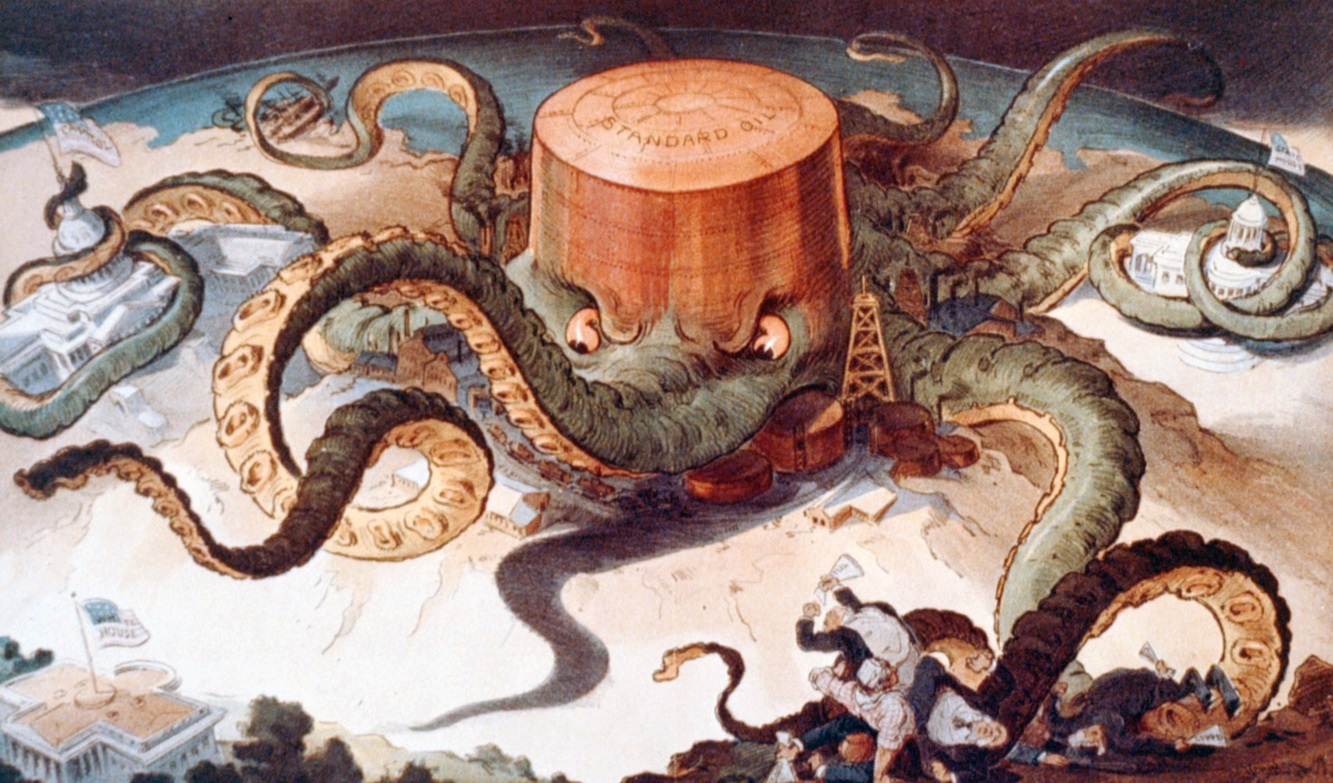
When not sitting ringside
while the GOP devours its own tail, the ladyfriend and I have been
continuing to take in concerts around the area. Of late:
Okkervil River at 9:30 Club: It Was My Season | On a Balcony | Black | For Real | Rider | Pink-Slips | John Allyn Smith Sails | Stay Young | Lido Pier Suicide Car | The Valley | Red | Kansas City | Where the Spirit Left Us | Down Down The Deep River | Our Life Is Not a Movie or Maybe | Lost Coastlines
Encore: Walking Without Frankie | A Hand to Take Hold of the Scene | Unless It’s Kicks
I wasn’t familiar with these guys at all before the show — Apparently, they’ve been at it for fifteen years — but they seemed to be a pretty solid alt-rock outfit out of Austin. The songs that had the biggest impression on me, live at least, were The Valley (“Fallen in the valley of the rock and roll dead!”) and “Lost Coastlines” (buoyed by some very Morrissey-ish crooning by (iirc) the bassist.)
Atoms for Peace at Patriot Center: Before Your Very Eyes | Default | The Clock | Ingenue | Stuck Together Pieces | Unless | And It Rained All Night | Harrowdown Hill | Dropped | Cymbal Rush
Encore: The Eraser | Feeling Pulled Apart by Horses | Rabbit in Your Headlights | Paperbag Writer | Amok.
Encore 2: Atoms for Peace | Black Swan
Nor, being a movie more than a music guy, was I aware that Thom Yorke and Flea were taking time away from their respective SuperGroups to make Afrobeat albums as Atoms for Peace. Hard to pick a distinctive best moment from this show — Most of the songs ran together here (in a good way, if you enjoy more beat-intensive variations on that distinctive Yorke-shire croon.)
That being said, after watching Flea (Age 50) hop around like a madman half his age throughout this show — in the same week that Sandra Bullock (Age 49) braved the vicissitudes of Zero-G Ripley-style in Gravity, it sure seems like 50 is the new 30 these days. And that puts me solidly in my 20’s – Woot.










